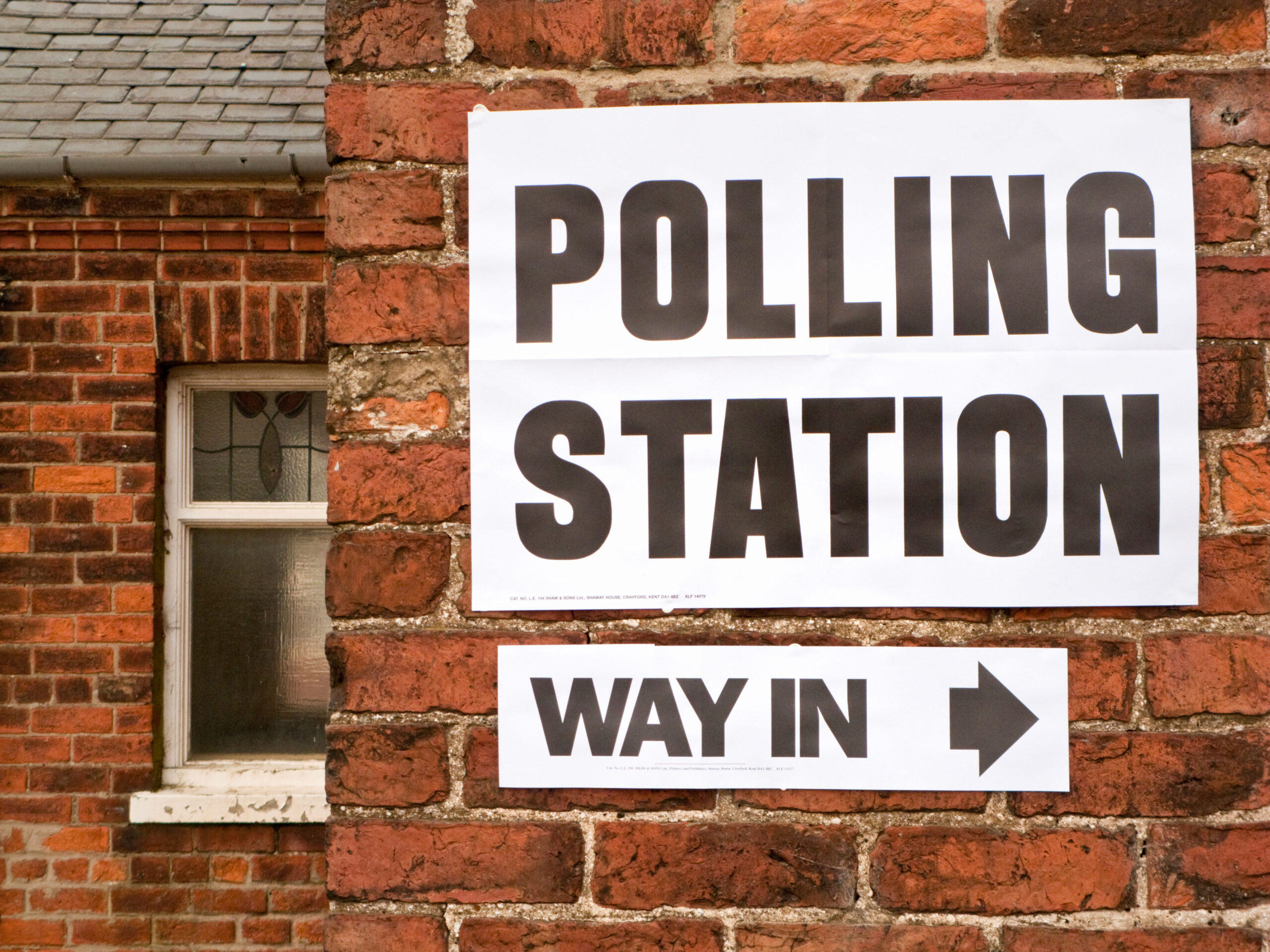
The government is having its most difficult month so far, and the voters have noticed. After troubles over party funding, conflicting advice to the public on a potential fuel strike, and a series of controversies arising from last month’s Budget, recent polls show the Labour lead solidifying as confidence in the coalition declines. One notable feature of the shifting polls is that, according to the most recent YouGov/Sun surveys, the UK Independence Party is edging ahead of the Liberal Democrats.
The question of UKIP and their potential impact on the next election has been much discussed recently. Setting out his thoughts on the subject last week, Tim Montgomerie mentioned that I had become concerned that the UKIP poses a threat to David Cameron’s prospects. This is true – but perhaps I should elaborate.
I will be very surprised indeed if UKIP really do end up with more votes at the next election than the Lib Dems. Future events may of course change this view. But as my research in marginal seats has shown, the Lib Dems’ support at a local level is a good deal more resilient than the national polls suggest. But Nigel Farage does not need to achieve a very large vote share to cause problems for Tories. The “UKIP threat” is not an isolated phenomenon but one element of the strategic challenge that I described a year ago in Project Blueprint: how to create an election-winning coalition of Conservative support at a time when Lib Dem defectors will give Labour a head start. To achieve this, David Cameron needs to attract people who considered the Conservatives at the last election but ultimately voted for someone else. At the same time, he has to hold on to those who did vote for the party in 2010. In that context, any leakage of the Tory vote is a cause for concern.
If there is evidence, then, that a section of the Conservative vote is tempted by UKIP, the question is: what should the Tories do about it? It is too simplistic to suppose that the answer is simply a shift to the right, or to focus more of our message on Europe and immigration, the two policy issues which are the principal focus of UKIP’s appeal. This would be a mistake for two reasons.
First, it would not be a cost-free transaction: moving right in pursuit of Tory defectors would risk losing rather more of the two million new voters the party gained between 2005 and 2010 (and who had not, presumably, eschewed the Tories in previous elections on the grounds that we were not right-wing enough). As I found in Project Blueprint, Conservative voters from 2010 were more likely to say they could see themselves voting Lib Dem in future than that they could see themselves voting UKIP.
Secondly, such a prescription would misunderstand what it is that prompts people to defect to UKIP in the first place. Certainly, some voters will have been attracted by particular policy stances, and Nigel Farage is making an effort to appeal on a broader range of issues. But as their surge in support during the 2009 expenses scandal showed, UKIP remains largely a protest vehicle for those who are fed up with the main parties. Nigel Farage will of course be working to try to change this.
And this is how the “UKIP threat” is linked to what some have unkindly called, sadly correctly, the omnishambles of recent weeks. I think Conservative voters will stay with the party – and others will support us – IF they see a competent government with a grip on events, a plan for the economy, an understanding of public services, that knows what it wants to achieve, and can show that it is delivering on its promises on things like crime and immigration. If they cannot see such a government, then yes, some will go to UKIP – and some will go to Labour, or elsewhere, or stay at home. The main problem is not so much that people think the Conservative Party is heading in the wrong direction, it is that they are not sure where it is heading. And that includes me.
Many Conservative voters (though few committed Conservatives) like the idea of coalition. But even those who don’t like it grasp the reality of the situation and understand that in this parliament, compromise is inevitable. That need not put them off the Tories by itself. What they need is an idea of how things will be different if they stick with the party and help to elect a Conservative government with an overall majority. It will soon be time to start setting out what our ambitions will be once we can govern on our own. Changes to the Human Rights Act, which constrains what the government can do to uphold the law and protect our security, might be one theme. An emphasis on controlling people’s energy bills and living costs, rather than imposing higher prices through misguided environmental policies, might be another. Addressing the bloated international aid budget could be considered. There will be, and there is much more – but at a time when the party needs to show it is serious about law and order and understands people’s concerns in tough economic times, it may not be a bad place to start.
When it comes to the “UKIP threat”, there is little the Tories can do to win back the fanatics or the determinedly grumpy. But for those who just want a sense of direction, there is still time.


